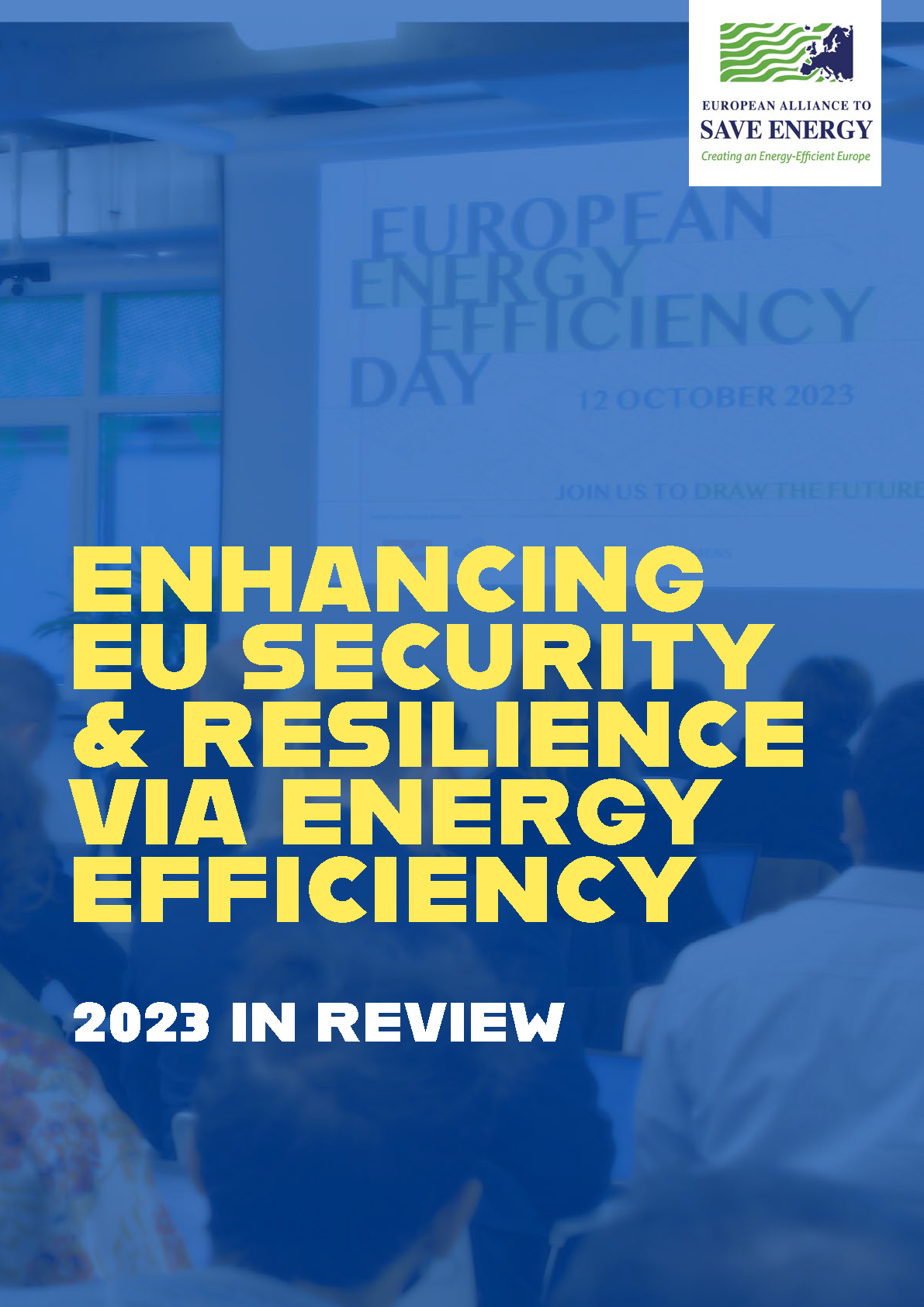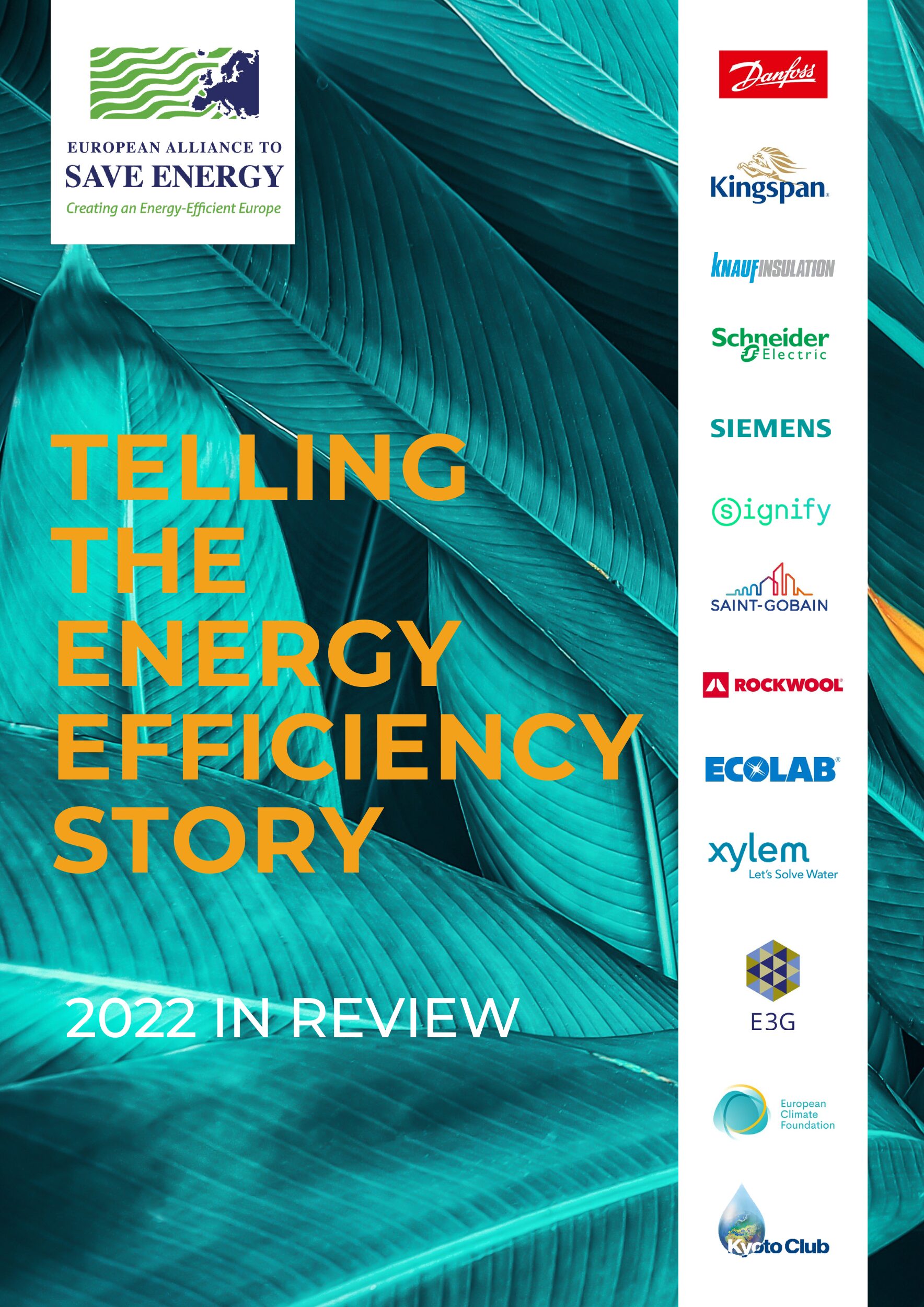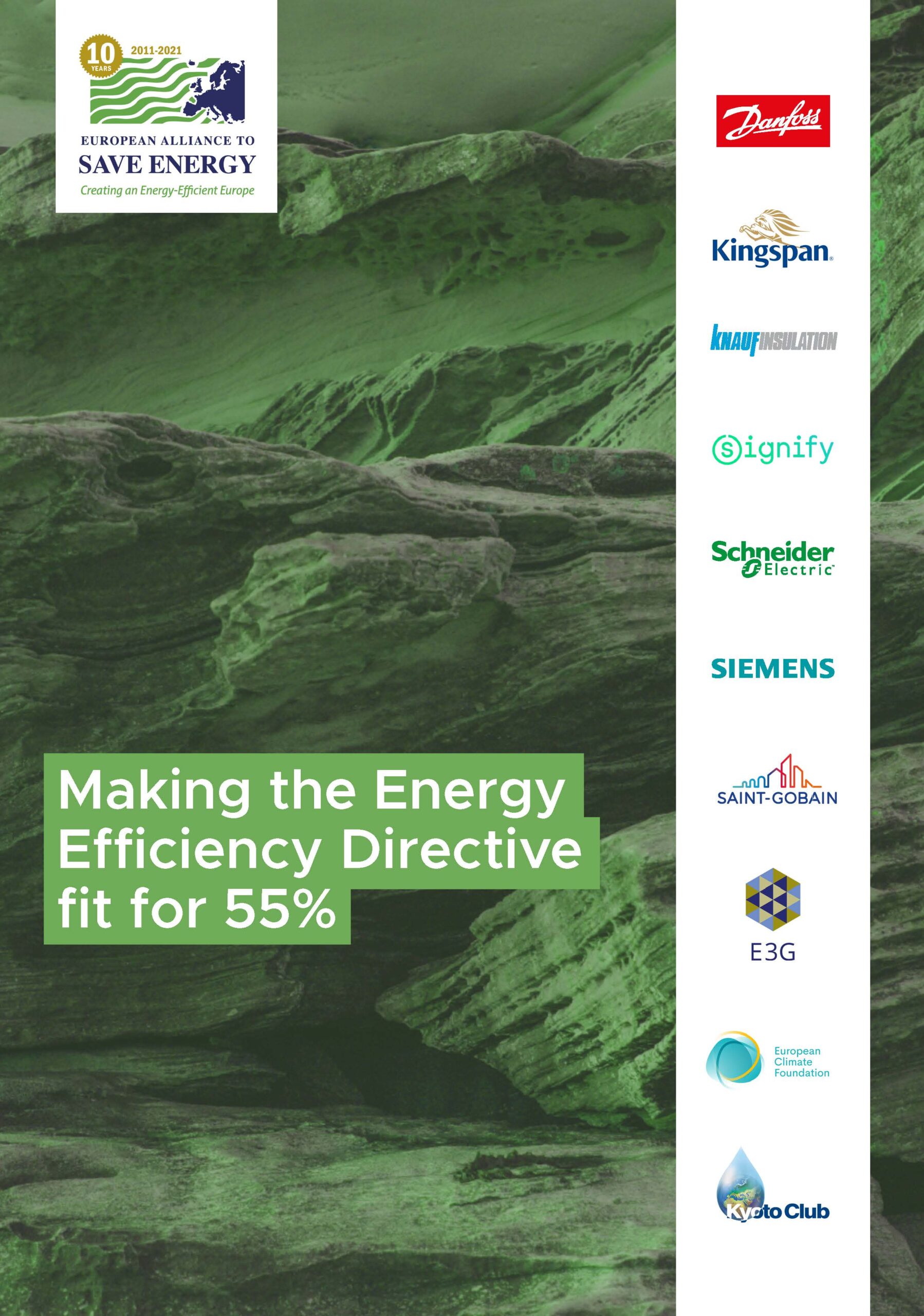Enhancing EU security & resilience via energy efficiency: 2023 in review

The EU-ASE 2023 Activity Report delves into the advocacy and outreach efforts of the European Alliance to Save Energy, aimed at enhancing energy efficiency in the EU’s energy policies and integrating the water-energy nexus into mainstream considerations.
2023 can be viewed as a continuation of the previous one, marked by escalating geopolitical issues and an energy crisis. Throughout the year, EU-ASE actively implemented its workplan by significantly contributing to energy efficiency debates and participating in ongoing negotiations on legislative dossiers.
We also organized the second edition of the European Energy Efficiency Day, bringing together high-profile speakers who contributed to discussions on energy efficiency in buildings, industrial ecosystems, and the electricity market. The event also delved into the skills agenda within the sector.
We continued our work on the implementation of a work programme which was structured around the main objectives of:
- Boosting energy efficiency through EU policy and regulatory framework
- Unleashing the energy savings potential of water efficiency in EU legislation
- Smart, digital, and effective communication to achieve advocacy objectives


